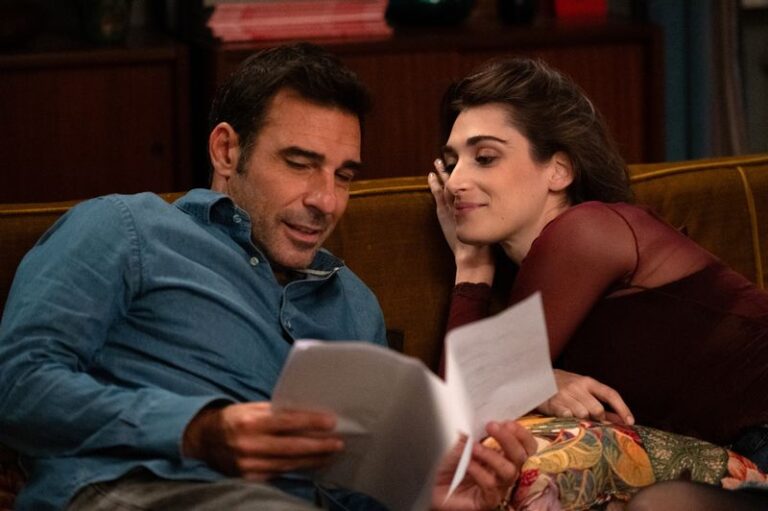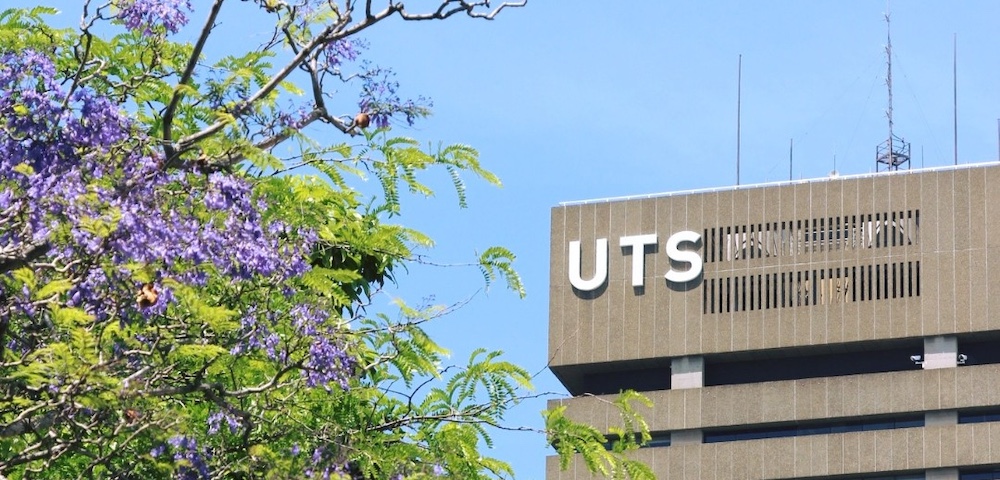
Students Feeling Impact Of Job Cuts As SafeWork Order Lifted From UTS

The axing of hundreds of jobs at UTS can now continue after an order from SafeWork NSW warning staff could be at risk of “serious” “psychological harm” has been lifted.
The university was forced to cancel “change meetings” scheduled on with approximately 800 affected staff over Wednesday and Thursday last week, and pause the rolling out of its controversial redundancy program, dubbed Operational Sustainability Initiative, management’s attempt to save the university $100 million.
As part of the plan, UTS has suspended new enrolments for 146 courses across six faculties, and is planing to axe an estimated 400 staff before the end of the year, equating to approximately 10 per cent of the university’s current workforce.
The pause was in effect until SafeWork NSW was satisfied that appropriate safety measures had been put in place after consultation with workers.
Speaking to the Senate’s University Governance Inquiry on Monday, UTS vice-chancellor, Andrew Parfitt, said plans to cut jobs would be resuming in the upcoming weeks, and that a number of university management would be forgoing their bonus in an attempt to save the institution money.
“The senior executive and the senior staff group have, in fact, now, will not now be paid any bonus or performance components, which is a saving across the university of about $2.5 million,” he said.
A spokesperson for the university told The Guardian last week that the wellbeing of its staff and the management of psychosocial risks were of “paramount” importance to them, although an NTEU survey found 35 per cent of the 380 staff questioned were experiencing very high levels of psychological distress following the implementation of OSI.
Union claims university management is “disconnected”
President of the UTS student association, Mia Campbell, told the Sydney Morning Herald students had been “blindsided” by the job cuts, with some attending information sessions one week only to hear announcements the program would be suspended the next.
“Many students are hearing bleak warnings from staff, such as, ‘Your degree will be meaningless in the job market’, reflecting the deep unease felt by academics about the future of their fields,” Campbell said.
Deputy vice chancellor, Professor Kylie Readman told the inquiry she wanted “to make it really clear that no current students are being impacted”, but Campbell disagrees.
“I want to make clear that I think that this is not true at all,” she said.
Greens senator Dr Mehreen Faruqi questioned Parfitt in the inquiry about “tone deaf” stress management advice provided to staff facing unemployment that recommended they “do that task you’ve been dreading, like washing delicates, organising receipts for your taxes, or cleaning a bathroom”.
“I was disappointed that that one was on the website,” he said. “That particular resource was removed.”
NTEU National President Dr Alison Barnes has said academics were being treated with “utter contempt” by university management, who she claimed “would rather spend $5 million on external consultants to cut jobs than invest in staff – the university’s most precious resource.”
“We need real reform to restore accountability and transparency in our universities, which must prioritise staff, students and society instead of corporate business models imposed by overpaid executives.”
There have been more than 1000 job losses at universities across the state in the past year alone, including at Macquarie University, the University of Wollongong, and Western Sydney University.
Last month, NSW parliament announced an inquiry into the university sector, citing incidences of extensive course cuts, an over-reliance on consulting firms, and severe financial mismanagement, including massively overblown Vice Chancellor salaries.
“The fact that a workplace safety regulator had to step in to protect university workers speaks volumes about how disconnected university management has become,” said Dr Barnes.
“We need urgent governance reform to ensure vice-chancellors can’t continue making decisions that damage our universities without proper oversight and accountability.”










Leave a Reply